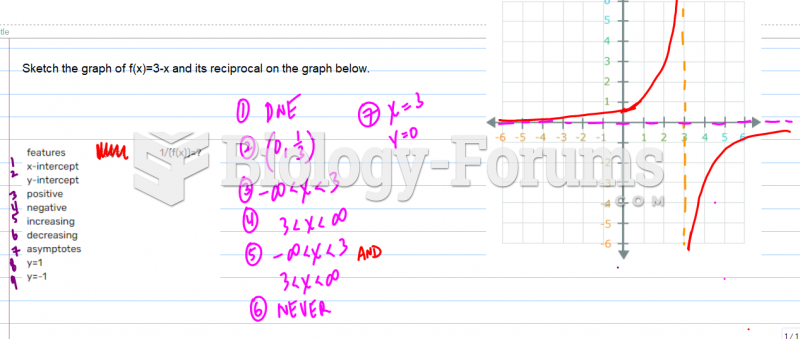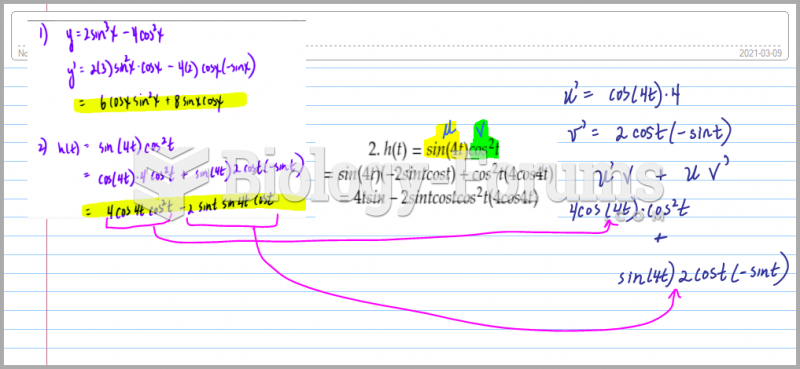Answer to Question 1
1, 2, 4, 5
Rationale 1: The kidneys are the primary organs for regulating fluid balance, electrolyte composition, and the acidbase balance of body fluids. They also secrete the enzyme renin, which helps to control blood pressure and erythropoietin, a hormone that stimulates red blood cell production. In addition, the kidneys are responsible for the production of calcitriol, the active form of vitamin D, which helps maintain bone homeostasis.
Rationale 2: The kidneys are the primary organs for regulating fluid balance, electrolyte composition, and the acidbase balance of body fluids. They also secrete the enzyme renin, which helps to control blood pressure and erythropoietin, a hormone that stimulates red blood cell production. In addition, the kidneys are responsible for the production of calcitriol, the active form of vitamin D, which helps maintain bone homeostasis.
Rationale 3:Aid in digestion is incorrect because this is a function of the GI tract and accessory organs.
Rationale 4: The kidneys are the primary organs for regulating fluid balance, electrolyte composition, and the acidbase balance of body fluids. They also secrete the enzyme renin, which helps to control blood pressure and erythropoietin, a hormone that stimulates red blood cell production. In addition, the kidneys are responsible for the production of calcitriol, the active form of vitamin D, which helps maintain bone homeostasis.
Rationale 5: The kidneys secrete the enzyme renin, which helps to control blood pressure.
Global Rationale: The kidneys are the primary organs for regulating fluid balance, electrolyte composition, and the acidbase balance of body fluids. They also secrete the enzyme renin, which helps to control blood pressure and erythropoietin, a hormone that stimulates red blood cell production. In addition, the kidneys are responsible for the production of calcitriol, the active form of vitamin D, which helps maintain bone homeostasis. Aid in digestion is incorrect because this is a function of the GI tract and accessory organs.
Answer to Question 2
3
Rationale 1:Higher dosages of medications than would a client with normally functioning kidneys is incorrect because most medications will require a significant dosage reduction in patients with moderate-to-severe renal failure, which is classified as acute or chronic.
Rationale 2:The same medication dosage as would a client with normally functioning kidneys is incorrect because most medications will require a significant dosage reduction in patients with moderate-to-severe renal failure.
Rationale 3: Because the kidneys excrete most drugs, most medications will require a significant dosage reduction in patients with moderate-to-severe renal failure, which is classified as acute or chronic. The client at some point might require a kidney transplant, but until then, the medication dosage would have to be adjusted.
Rationale 4:A kidney transplant is incorrect because the client might require a kidney transplant at some point, but this is not related to medication administration.
Global Rationale: Because the kidneys excrete most drugs, most medications will require a significant dosage reduction in patients with moderate-to-severe renal failure, which is classified as acute or chronic. The client at some point might require a kidney transplant, but until then, the medication dosage would have to be adjusted. Administering the average dose to a patient in severe renal failure can kill a patient.







